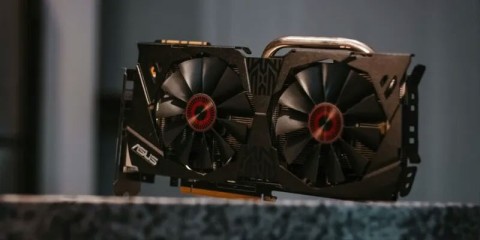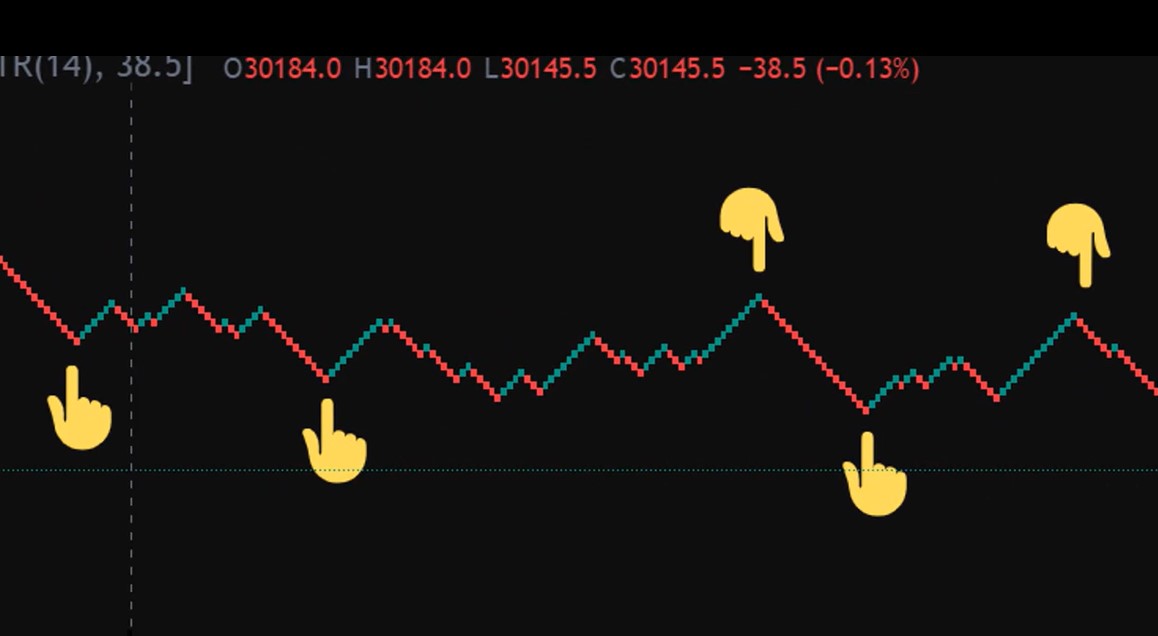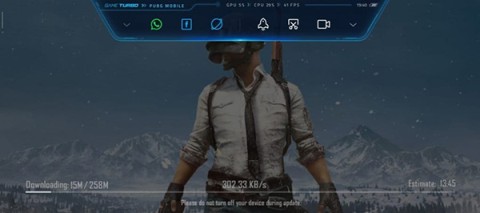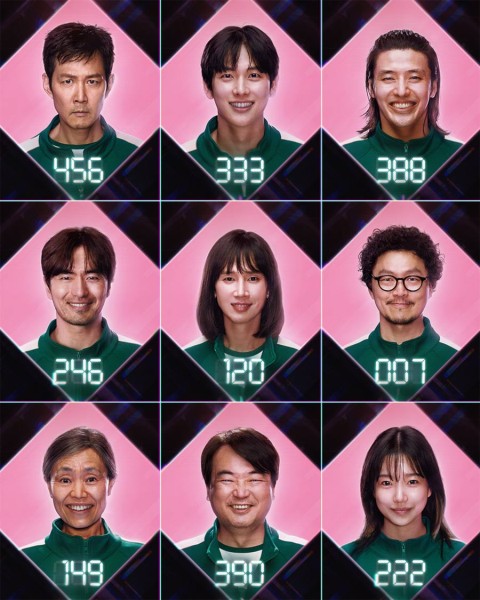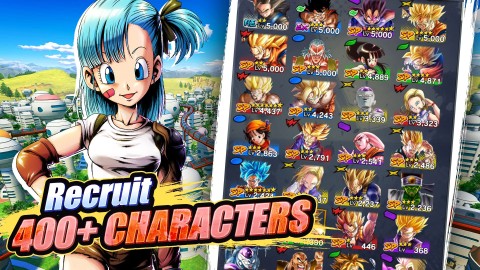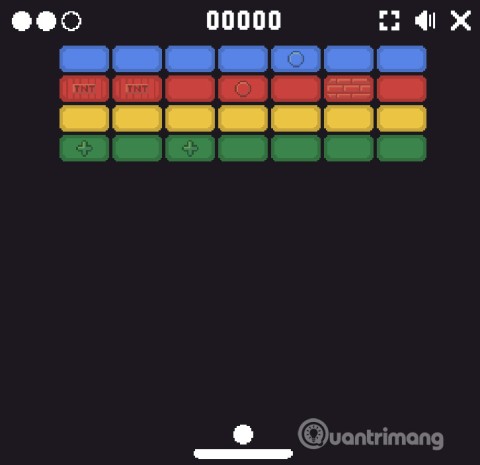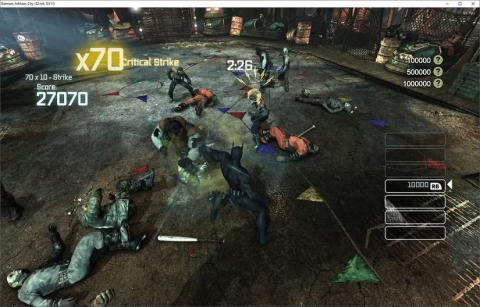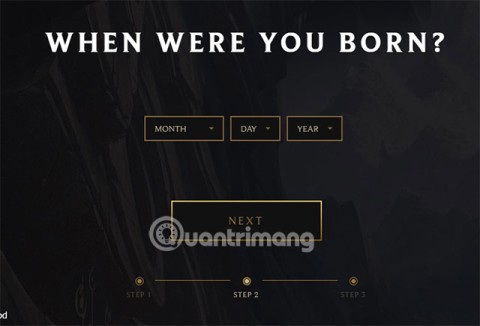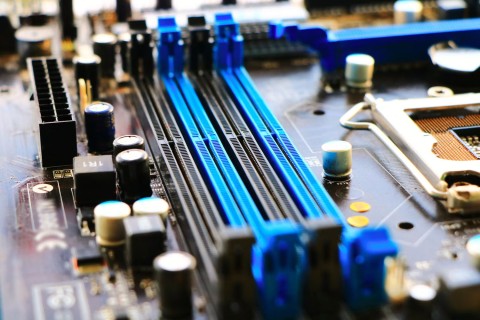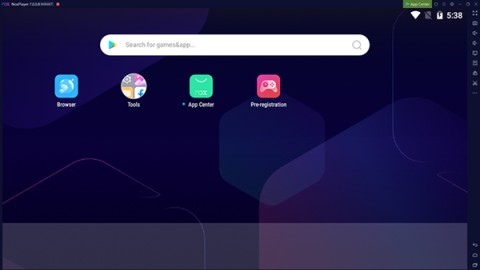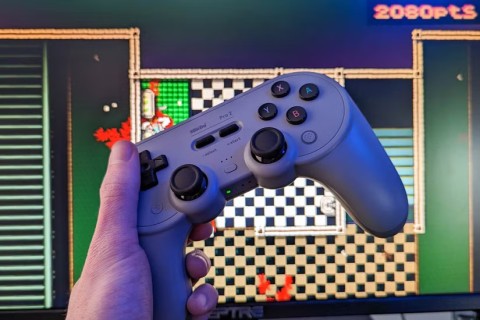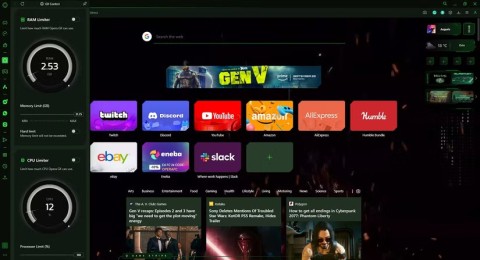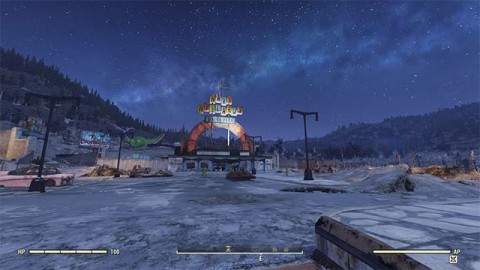NVIDIA claims that the RTX 5070 can match the RTX 4090 in performance with frame generation enabled. But in reality, not much has changed. If you want top-notch performance, you'll still have to spend a fortune on hardware upgrades.
Creating effective frames requires a good hardware foundation
To explain why framerate scaling isn’t a magic solution that can turn an old mid-range graphics card into one that can play the latest games, let’s break down how it works. Essentially, the framerate algorithm takes two actual frames that your GPU renders and interpolates an additional frame between them. It predicts (often with the help of AI) where each pixel should be to create smoother motion.
The quality of the generated frame depends on the quality of the source frames. If the source frames are of high quality and error-free, the generated frame will also look more realistic.
More importantly, the actual frame rate directly affects the number of additional frames that can be generated and the amount of information they can contain, since frame binning essentially doubles the FPS. If you’re playing a game at just 15 or 20 FPS, the image data for the frame binning algorithm to work with is very limited. However, doubling from 120 FPS to 240 FPS is a different story. The algorithm has a lot more data to work with to produce smooth results.
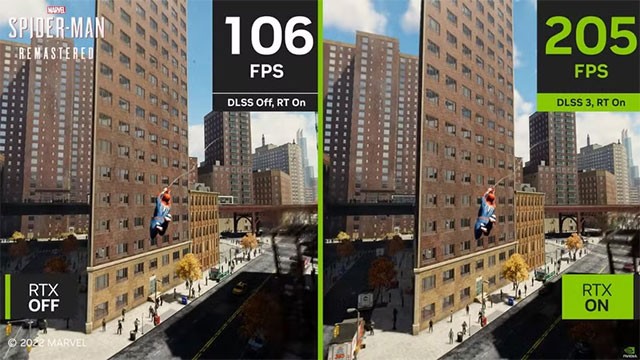
Framing algorithms matter too—not all framing technologies work the same way. For example, NVIDIA's RTX 40-Series uses Optical Flow Accelerators (OFA) at the hardware level to power DLSS, while AMD's AFMF 2 relies on advanced AI algorithms at the driver level.
To even get access to advanced frame generation features, you need a newer graphics card, which is a bit of a mixed bag. For example, DLSS 4 integrates Multi-Frame Generation (MFG) into the DLSS suite, but it's only available on the new RTX 50-Series.
If you have an RTX 50-Series GPU, you probably have enough power to run any game at a stable FPS, so you won't need to MFG and framerate as much as someone with an RTX 20-Series card.
AI-generated frames don't look like real frames
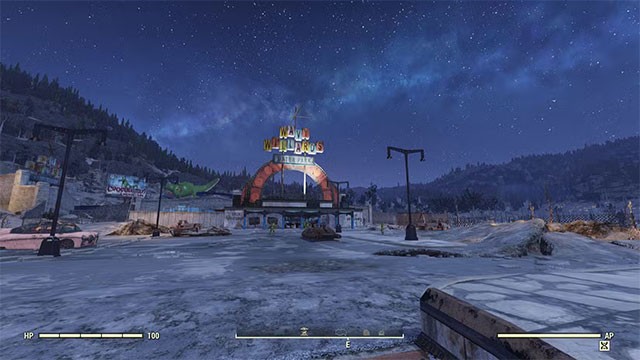
In my experience, “artificial frames” are not always a good thing, especially in fast-paced games. The point here is that doubling FPS from 60 to 120 with framerates feels almost like 80 FPS, even though the FPS counter in the corner of the screen shows otherwise. After upgrading to a better PC, you can confirm that the difference between 120+ FPS real and 120+ FPS created is very noticeable.
The main reason is probably the way frame generation algorithms work. Since they predict the position of each pixel, they sometimes make errors, leading to lower quality frames and noticeable artifacts.
Framerate especially struggles with fast motion. Framerate also doesn’t handle sudden drops in FPS well, sometimes resulting in uneven frame distribution. This reinforces the point that you need good hardware and stable FPS to get the most out of framerate.
Limitations of AI-generated frames
Now that we know that frame generation only works well if you already have a steady FPS, let's talk about some of the inherent limitations of current versions of frame generation. One of the biggest limitations is input lag—the amount of time between your action (pressing a key) and the screen displaying it.
Frame binning increases input lag. While this can be mitigated somewhat with the help of NVIDIA Reflex 2 and AMD Anti-Lag, it’s not enough. As demonstrated in a YouTube video by Mostly Positive Reviews, frame binning can add anywhere from 30ms to 80ms of latency, which is almost double the average latency of playing a game without frame binning. Additionally, these latency-reducing technologies aren’t exclusive to frame binning, meaning you can use them independently to achieve the lowest possible input lag.
While this level of lag isn't too noticeable in a casual racing game like Forza Horizon 5 when using a Bluetooth controller, it becomes much more apparent in competitive shooters like Marvel Rivals, especially on a 240Hz monitor and a gaming mouse with an 8kHz sampling rate.
It's ironic—you want the highest possible FPS in competitive games, but framerate reduction isn't an option because the increased input lag negates the benefit of higher FPS. You don't want those frames anyway, because they're often too blurry for high-intensity gaming.
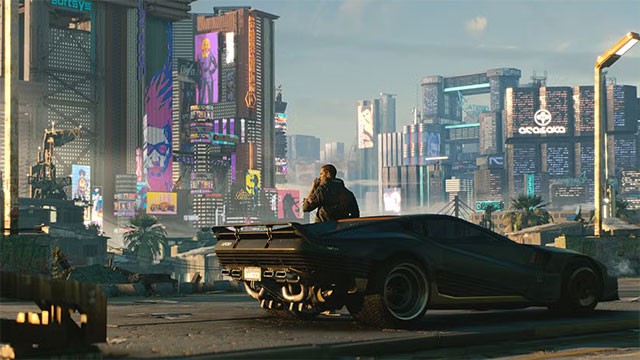
But that's not to say that frame-shifting works well in games where fast camera movement isn't a big deal, like third-person adventure and RPG titles.
The problem is that framerate can’t be a crutch if your graphics card isn’t powerful enough. While it might give you a slight performance boost by doubling your framerate, that FPS is misleading. If your GPU can only manage 30 FPS, don’t expect framerate to turn the experience into a smooth 60 FPS.
Furthermore, if you have a weaker GPU, it's likely that the rest of your system will be just as weak and will struggle with modern games as well. At the very least, it can help you push your FPS into the FreeSync range of your monitor for a smoother experience.
Likewise, you can't expect to get the same level of performance as the RTX 3070 with the RTX 4060 plus DLSS Frame Generation. The older RTX 3070 is a more powerful card, even if it doesn't support DLSS Frame Generation.
